How do the disciplines of music and psychology inform each other? Tanja Roos speaks to Emma Baird about her aims for creating healthier environments for musicians as well as better education on mental health and wellbeing
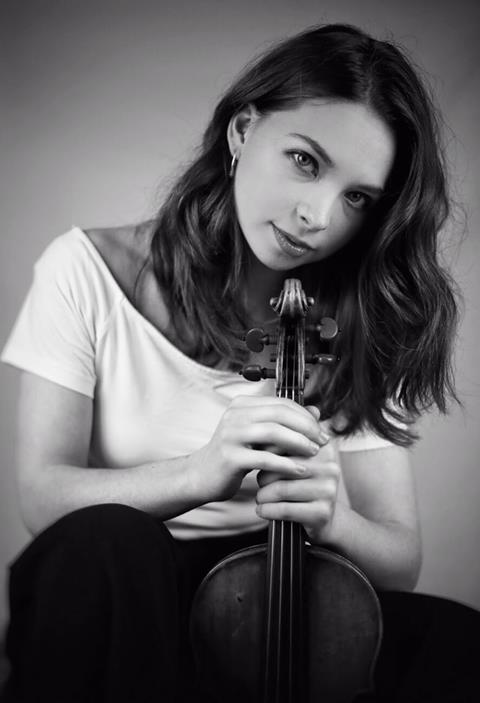
Discover more Featured Stories like this in The Strad Playing Hub
Tanja Roos began playing the violin at the age of three, and subsequently pursued musical trainings at the Yehudi Menuhin School, in Vienna and at the New England Conservatory. She established a highly successful career as a concert violinist, and has been a prizewinner at numerous international violin competitions. Following a switch of career path, Tanja now works as an assistant psychologist for the NHS and aspires to become a clinical psychologist.
In this interview with Emma Baird, Tanja shared insights surrounding relevant in-depth advice from the psychological field, her visions for future possibilities within the arts, and details of her personal story. Possessing the rare yet essential pairing of expertise in classical music and psychotherapy, Tanja demonstrates how this occurrence makes it possible to get to the root of understanding complexities surrounding performing artists’ mental health and performance enhancement.
Why did you decide to switch career path from violinist to psychologist?
I believe my change to clinical psychology was due in large part to the mental health stigma that exists in the classical music industry. In my experience, I received little to no education on how to manage the mental challenges of being a musician over decades of training. There was the odd workshop, but these events often provide blanket advice without getting down to the ‘nitty gritty’ of it all.
Tell us about some specific things that you learnt in your scientific degree that you wish you had known previously as a violinist
There are so many things. Cognitive-behavioural therapy (CBT), for example, is a popular evidence-based therapy. The idea of it is that our thoughts affect our emotions, which affect our behaviours, and our physiology. It’s a simple concept with a very profound effect. Eventually, what can happen is that we become caught in something called a maintenance cycle. For example, you may be about to perform a particular piece on stage but are pre-occupied by the thought that ‘someone important is in the audience’. The associated feelings could be uncertainty, or dread. The behaviour that this anxiety might drive could be to practise relentlessly or to engage in destructive coping strategies to calm nerves. The more we engage in these short-term-relief behaviours, the more we believe we need them to succeed, and they are repeated and reinforced.
Understanding processes like this is vital. It can be helpful to analyse what you do as a performer and discover what affect it has on you as a person, because it 100 per cent will!
Based on your work, what else do you believe could improve the lives of classical musicians?
The music world is very uncertain, in terms of work patterns, finances and career paths. One thing that we can do for ourselves is to improve our psychological flexibility within the realm of uncertainty. For example, during the pandemic, many artists had the experience of their regular busy schedules being wiped out overnight. It was an extraordinary time which demanded a lot of resilience from people. Flexibility was crucial, and needed to be nurtured within many individuals. A couple of years ago, I conducted a study investigating performing artists’ mental health during the pandemic. And much to my surprise, many of the artists in the study described uncertainty as something valuable: it was an opportunity to think about themselves in a different light and to improve their own coping strategies.
Many artists described uncertainty as something valuable: an opportunity to think about themselves in a different light and to improve their own coping strategies
What has been the most fascinating aspect of pivoting in another direction?
In a life where one grows up in a very specialised musical environment and dedicates so many hours towards a goal, it can create barriers of communication with others. This so-called idea of ‘musicians vs normal people’ - we get stuck in a box and become insular, in the pursuit of excellence.
When I entered this new world, it shattered that illusion. People are people, whatever their profession. My understanding of music is also better, now that I am doing something else, and separating myself from the instrument has in fact brought us closer. I found myself away from the instrument so I can communicate and connect better whenever I am playing and practising.
What are your specific goals in terms of connecting your psychology studies with the musical world?
Much of the feedback in recent studies has been that mental health professionals don’t fully understand the lifestyle of a musician. I believe that more research could assist in helping more general clinicians to understand the very specific lives and struggles of artists. My other options would be forming a mental health charity for musicians, creating workshops, and working one-to-one with clients.
What are some ways of linking the conversation of mental wellbeing with different fields within the arts?
I recently attended a performing arts medical conference in New York. There were doctors, nurses, occupational therapists, psychologists, physios who all helped the performing arts in some way. It felt like such an amazing opportunity for these connected worlds to collide. So, there is an opportunity to grow a community of interacting, complementary clinicians, who can more often talk about the arts as one.
Because there are so many similarities. I am also interested in including people from all the different fields of the arts in a conversation that could probably help general mental health treatment as well. Surely that can only be a good thing. If properly funded, and imaginatively presented, the arts could play a critical role in society’s wellness and it might even relieve some of the pressure on the NHS.
Read: The Power of a Performance Psychologist
Read: Finding greater freedom of expression: a conversation with violinist Alina Pogostkina
Read more Featured Stories like this in The Strad Playing Hub
The number one source for playing and teaching books, guides, CDs, calendars and back issues of the magazine.
In The Best of Technique you’ll discover the top playing tips of the world’s leading string players and teachers. It’s packed full of exercises for students, plus examples from the standard repertoire to show you how to integrate the technique into your playing.
The Strad’s Masterclass series brings together the finest string players with some of the greatest string works ever written. Always one of our most popular sections, Masterclass has been an invaluable aid to aspiring soloists, chamber musicians and string teachers since the 1990s.
American collector David L. Fulton amassed one of the 20th century’s finest collections of stringed instruments. This year’s calendar pays tribute to some of these priceless treasures, including Yehudi Menuhin’s celebrated ‘Lord Wilton’ Guarneri, the Carlo Bergonzi once played by Fritz Kreisler, and four instruments by Antonio Stradivari.

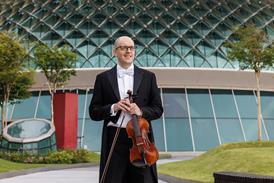
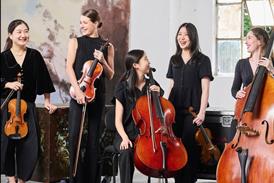
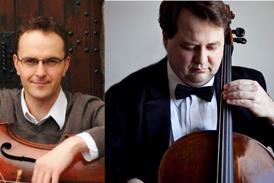
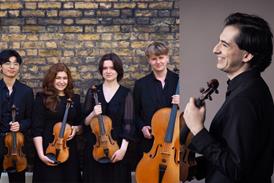
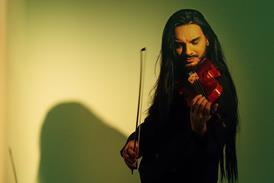
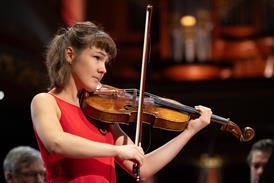
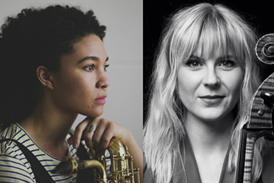

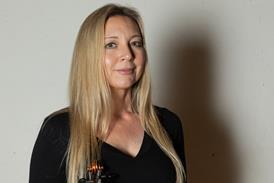
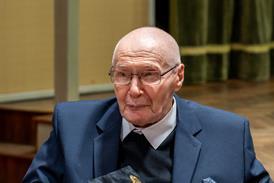

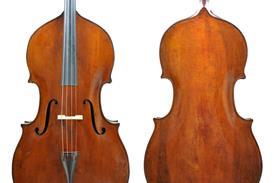
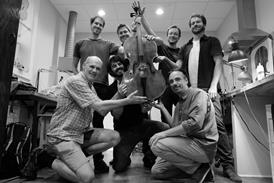
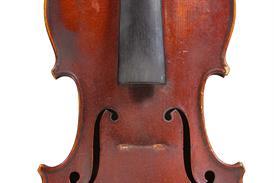
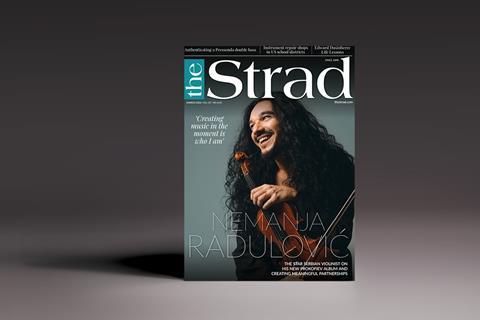




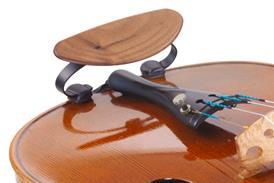
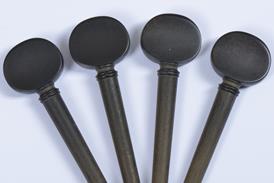








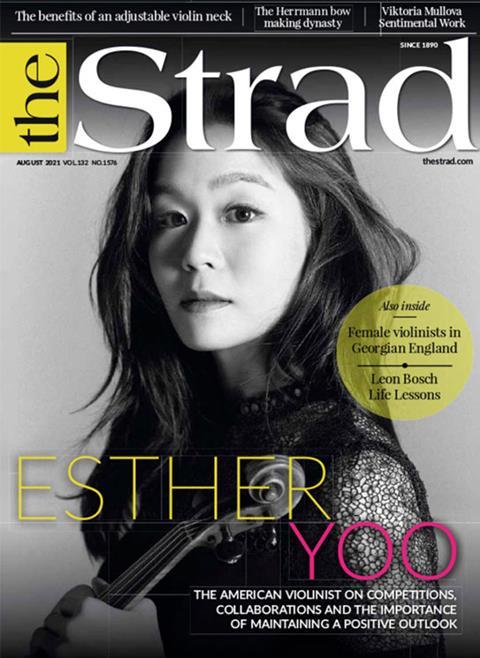















2 Readers' comments